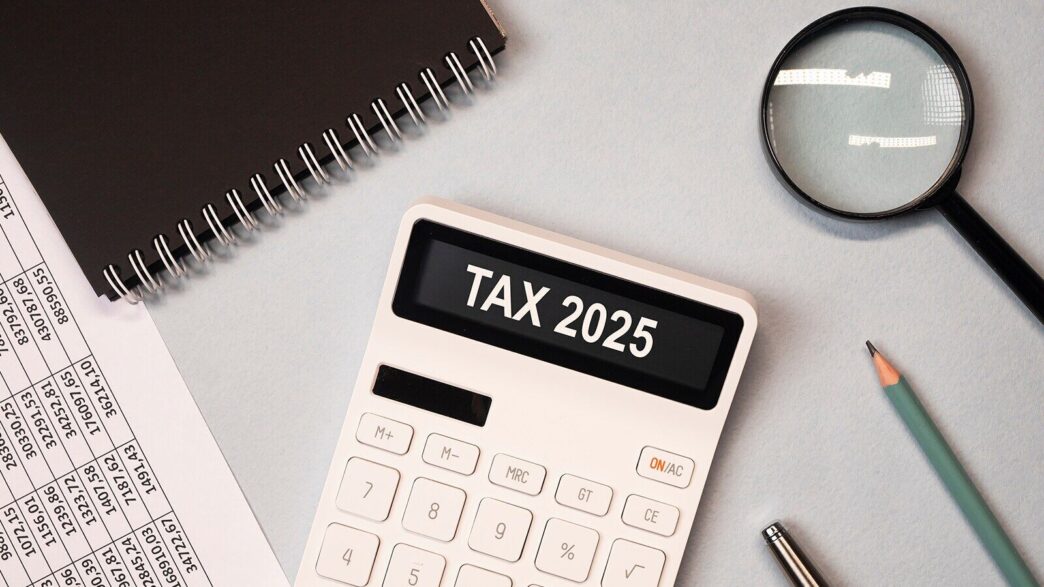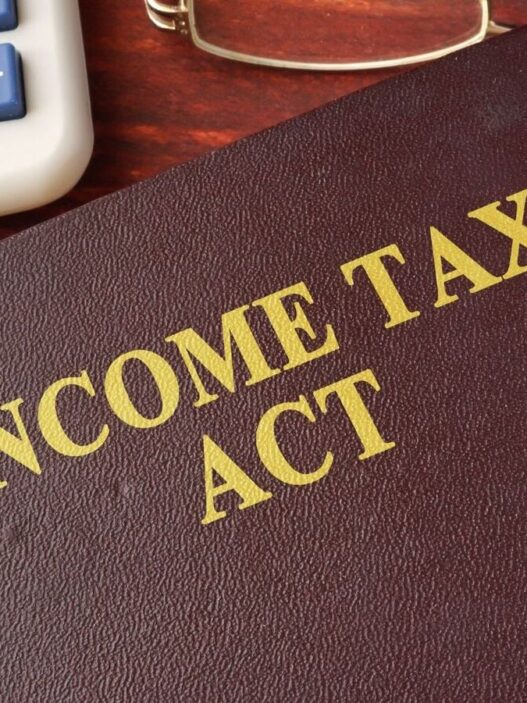The “crisper and simplified” new Income Tax Bill 2025 has replaced the term ‘previous year’ from the 60-year-old Income Tax Act, 1961, with ‘tax year’ and done away with the concept of ‘assessment year’.
The new I-T Bill, with 536 sections, and 23 chapters running into 622 pages, is likely to be introduced in the Lok Sabha tomorrow (February 15).
New Income Tax Bill 2025 will simplify ‘tax year’ definition
The report noted that the new Income Tax Bill proposes that ‘previous year’ as mentioned in the Income Tax Act, 1961 be replaced with ‘tax year’. Further, the concept of assessment year has been done away with.
Currently, tax for any given assessment year is paid for income earned in the previous financial year (i.e. AY25 is for FY24). Thus, this previous year and assessment year concept has been removed and only tax year under the simplified bill has been brought in.
According to Vivek Jalan, Partner at Tax Connect Advisory, “the term Assessment Year and Previous Year has been proposed to be replaced with tax year, to end sixty year confusion. Tax year has been defined as the twelve months period of the financial year commencing on the 1st April.”
CBDT Empowered to Introduce Schemes
As per new I-T bill, the CBDT has been empowered to frame tax administration rules, introduce compliance measures, and enforce digital tax monitoring systems without requiring frequent legislative amendments as per the Clause 533.
Rajat Mohan, Senior Partner at AMRG & Associates feels that a key departure from the I-T Act, 1961, is that previously, the Income Tax Department had to approach Parliament for various procedural matters, tax schemes, and compliance frameworks. “Now, CBDT has been empowered to introduce such schemes independently, significantly reducing bureaucratic delays and making tax governance more dynamic,” Mohan added.
Scrutiny, Public Inputs Planned
The bill is likely to be sent to a parliamentary standing committee of finance for scrutiny.
Public inputs and suggestions were invited in four categories: simplification of language, litigation reduction, compliance reduction, and redundant/obsolete provisions.
The income tax department has received 6,500 suggestions from stakeholders on review of the Income Tax Act, as per the report.












